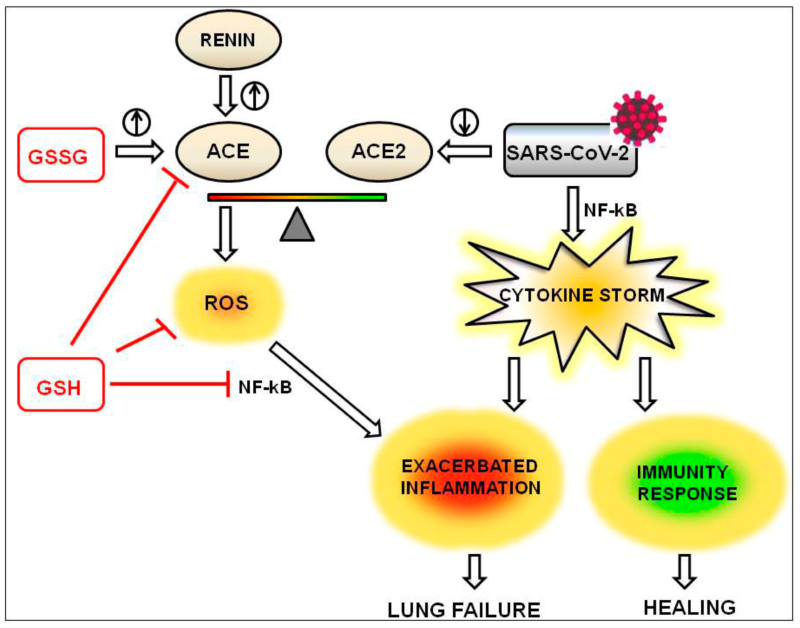
Jag har tagit upp hur man kan använda bl.a. glutation och NAC om man drabbas av Covid-19. Både för att aktivera immunförsvaret (rätt delar) och för att dämpa de besvär som kan uppstå tex i form av cytokinstormar. En ny vetenskaplig sammanställning betonar just rollen i att dämpa inflammationen i sjukdomens senare skede. Det är just denna överdrivna immunrespons som gör att Covid-19 kan bli farligt.
Saxat ur artikeln:
“The Role of Glutathione in Protecting against the Severe Inflammatory Response Triggered by COVID-19
The novel COVID-19 pandemic is affecting the world’s population differently: mostly in the presence of conditions such as aging, diabetes and hypertension the virus triggers a lethal cytokine storm and patients die from acute respiratory distress syndrome, whereas in many cases the disease has a mild or even asymptomatic progression. A common denominator in all conditions associated with COVID-19 appears to be the impaired redox homeostasis responsible for reactive oxygen species (ROS) accumulation; therefore, levels of glutathione (GSH), the key anti-oxidant guardian in all tissues, could be critical in extinguishing the exacerbated inflammation that triggers organ failure in COVID-19. The present review provides a biochemical investigation of the mechanisms leading to deadly inflammation in severe COVID-19, counterbalanced by GSH. The pathways competing for GSH are described to illustrate the events concurring to cause a depletion of endogenous GSH stocks. Drawing on evidence from literature that demonstrates the reduced levels of GSH in the main conditions clinically associated with severe disease, we highlight the relevance of restoring GSH levels in the attempt to protect the most vulnerable subjects from severe symptoms of COVID-19. Finally, we discuss the current data about the feasibility of increasing GSH levels, which could be used to prevent and subdue the disease.”
“Among the many functions of GSH, some are worthy of mention in relation to their impact on the exacerbated inflammation taking place in COVID-19 and in relation to the symptoms developed in the disease.
1. GSH protects cells by neutralizing (i.e., reducing) ROS, which are key signaling molecules that play an important role in the progression of inflammatory disorders. The relationship between ROS production and proinflammatory cytokine activation is well established [22]. An enhanced ROS generation by polymorphonuclear neutrophils at the site of inflammation causes endothelial dysfunction and tissue injury [23].
2. The conjugation of GSH to xenobiotics is particularly abundant; glutathione S-transferase enzymes catalyze GSH conjugation to lipophilic xenobiotics, facilitating the excretion or further metabolism of many drugs. The conjugation process is illustrated by the metabolism of N-acetyl-p-benzoquinone imine (NAPQI). NAPQI is a reactive metabolite formed by the action of cytochrome P450 on paracetamol (acetaminophen). Glutathione conjugates to NAPQI and the resulting product is excreted [24].
3. Many enzymes use GSH as a cofactor or substrate. For example reactions requiring GSH as a key cofactor are catalyzed by the prostaglandin H synthase, the rate-limiting enzyme in the production of prostaglandins and thromboxane [25], which are essential regulators of vascular function. Moreover, the enzyme leukotriene C(4) synthase conjugates LTA(4) with GSH to form the leukotriene LTC(4), the parent compound of the cysteinyl leukotrienes [26]; these molecules are potent mediators of airway narrowing.
4. GSH is used to synthesize S-nitrosoglutathione (GSNO), an endogenous S-nitrosothiol that plays a critical role in nitric oxide (NO) signaling and is a source of bioavailable NO. The generation of GSNO can serve as a stable NO pool which can properly transduce NO signaling [27]. NO produced by nitric oxide synthase eNOS and nNOS, in the presence of GSH, can effectively modulate vessels and neuronal functions, regulating the blood flow according to the local calcium influx.
As a consequence of the competition between these and many other GSH-consuming pathways, on one hand, the raging inflammation and oxidative stress triggered by the viral infection steals GSH from core functions such as NO-dependent vasodilatation; on the other hand, when other biochemical pathways are consuming GSH, the patient is not protected from an inflammation that can prove fatal.”
“ACE expression and activity are modulated by glutathione; in fact, the oxidized form GSSG shows an activating effect on ACE activity, whereas the reduced GSH provides an inhibitory effect [28]. Finally, the boosted ANGII production can be due to decreased ACE2 expression and activity; this is the case with coronavirus infection, which recognizes ACE2 as its extracellular binding site [29]. Compared to SARS-COV-1, SARS-CoV-2 has about 4-fold higher affinity for ACE2 [30]. Infection of cells by SARS viruses that bind ACE2 results in two effects: inhibition of ACE2 activity and decrease of ACE2 expression in infected cells”
“By reducing ROS production, GSH inhibits NF-kB activation and consequently keeps the cytokine storm under control.”
Tidigare om glutation bl.a. i podcastavsnitt om Covid-19 https://4health.se/259-dr-cecilia-furst-covid-19 och här https://4health.se/sa-kan-glutation-boosta-ditt-immunforsvar och här https://4health.se/?s=glutation och här https://4health.se/?s=corona
https://www.mdpi.com/2076-3921/9/7/624
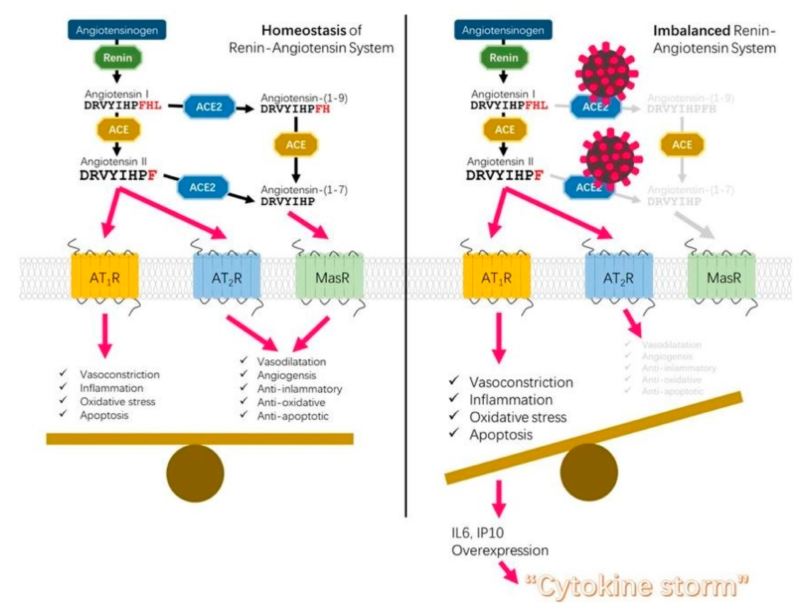


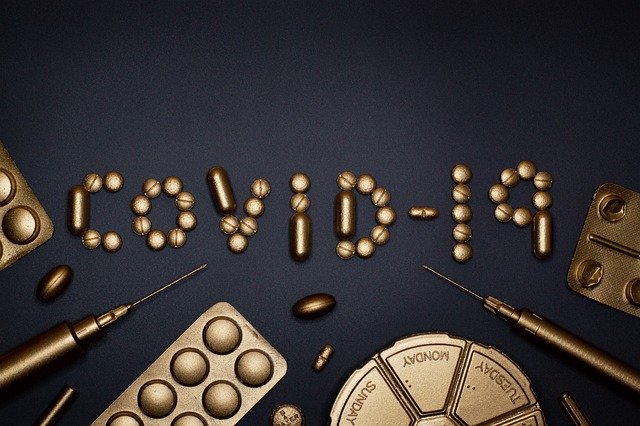
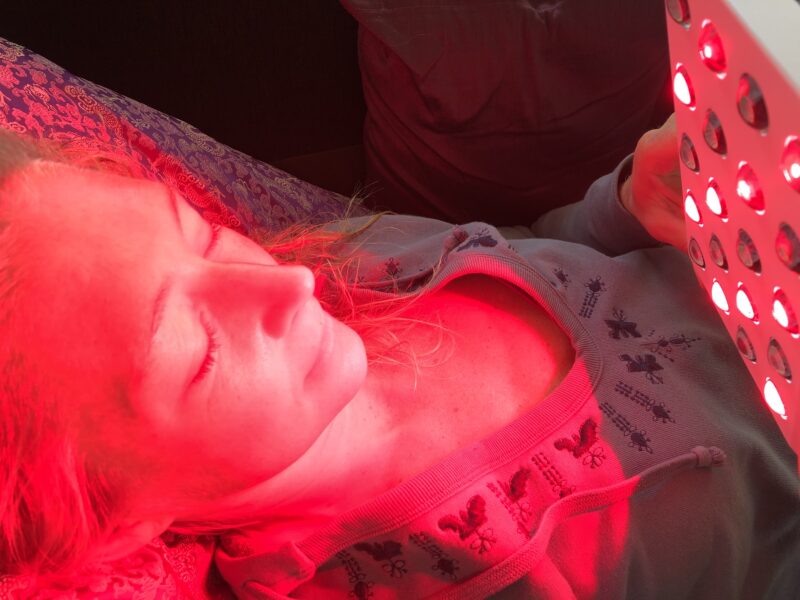

 Sömntips
Sömntips Stäng av skärmar på kvällen, särskilt sista timmen. Det blå ljuset från tv, ipad, telefon och dator signalerar till kroppen att det är dag och att den ska producera mer stresshormoner. Forskning visar också att sociala medier och tv-program stimulerar signalsubstanser som stressar igång systemet, inklusive dopamin och adrenalin. Måste du använda en skärm så använd så kallad night shift och/eller blåljusblockerande glasögon.
Stäng av skärmar på kvällen, särskilt sista timmen. Det blå ljuset från tv, ipad, telefon och dator signalerar till kroppen att det är dag och att den ska producera mer stresshormoner. Forskning visar också att sociala medier och tv-program stimulerar signalsubstanser som stressar igång systemet, inklusive dopamin och adrenalin. Måste du använda en skärm så använd så kallad night shift och/eller blåljusblockerande glasögon.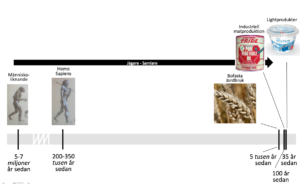


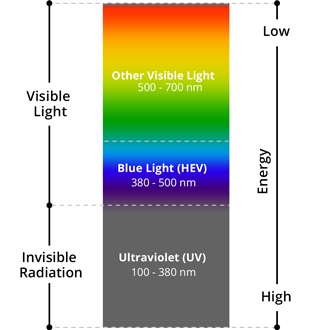



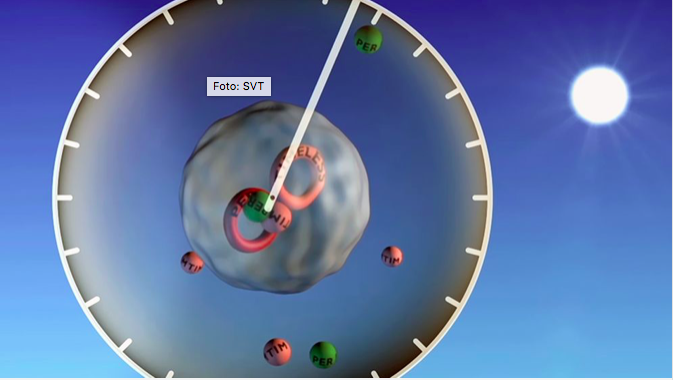

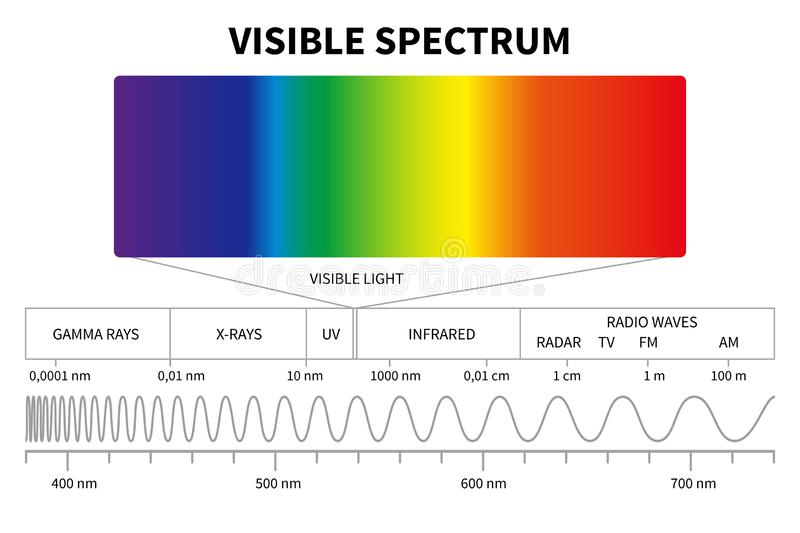


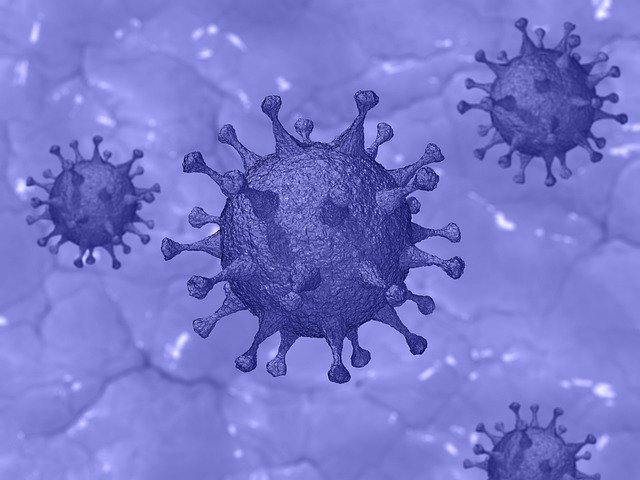
Senaste kommentarer